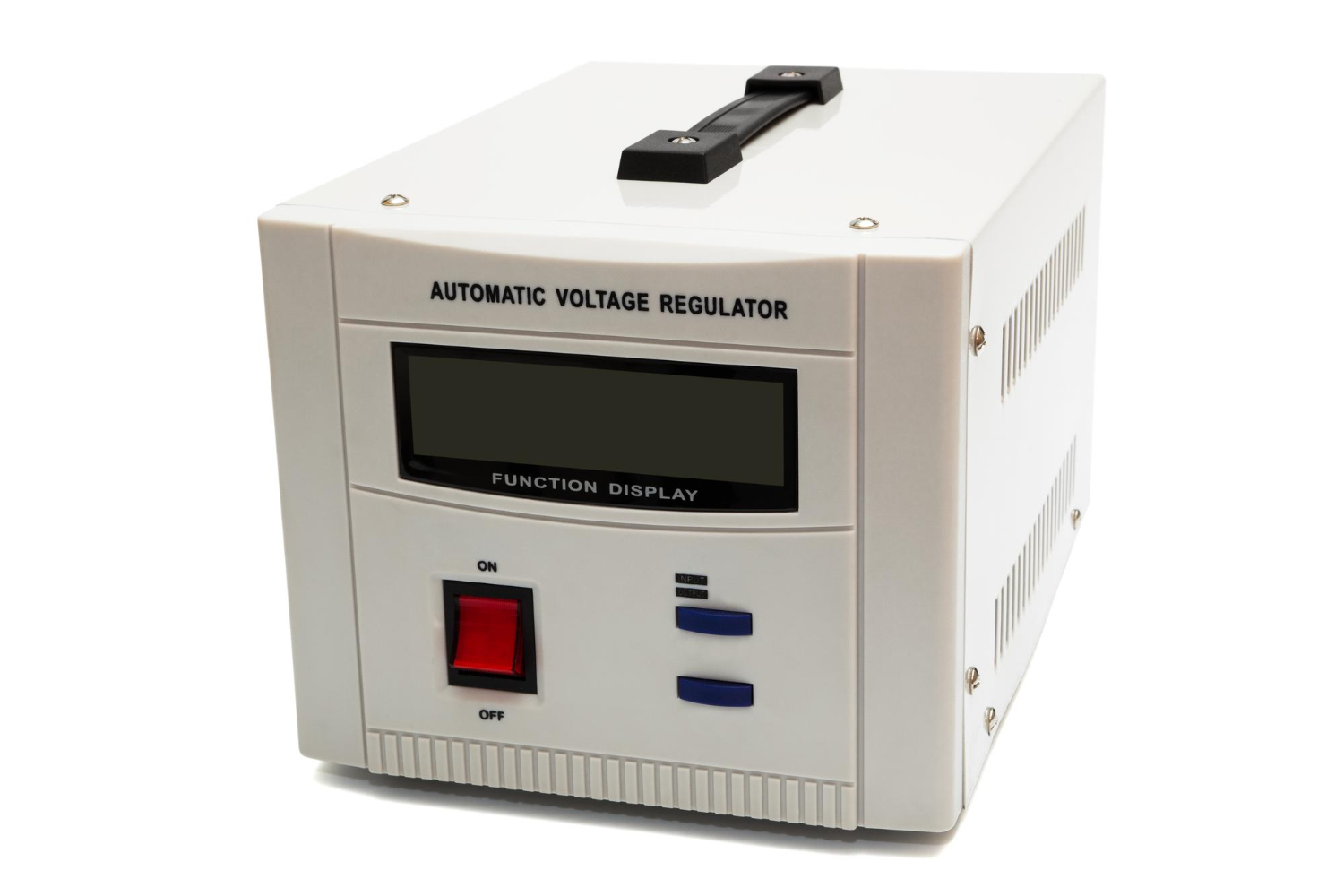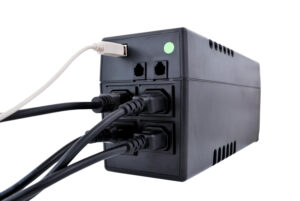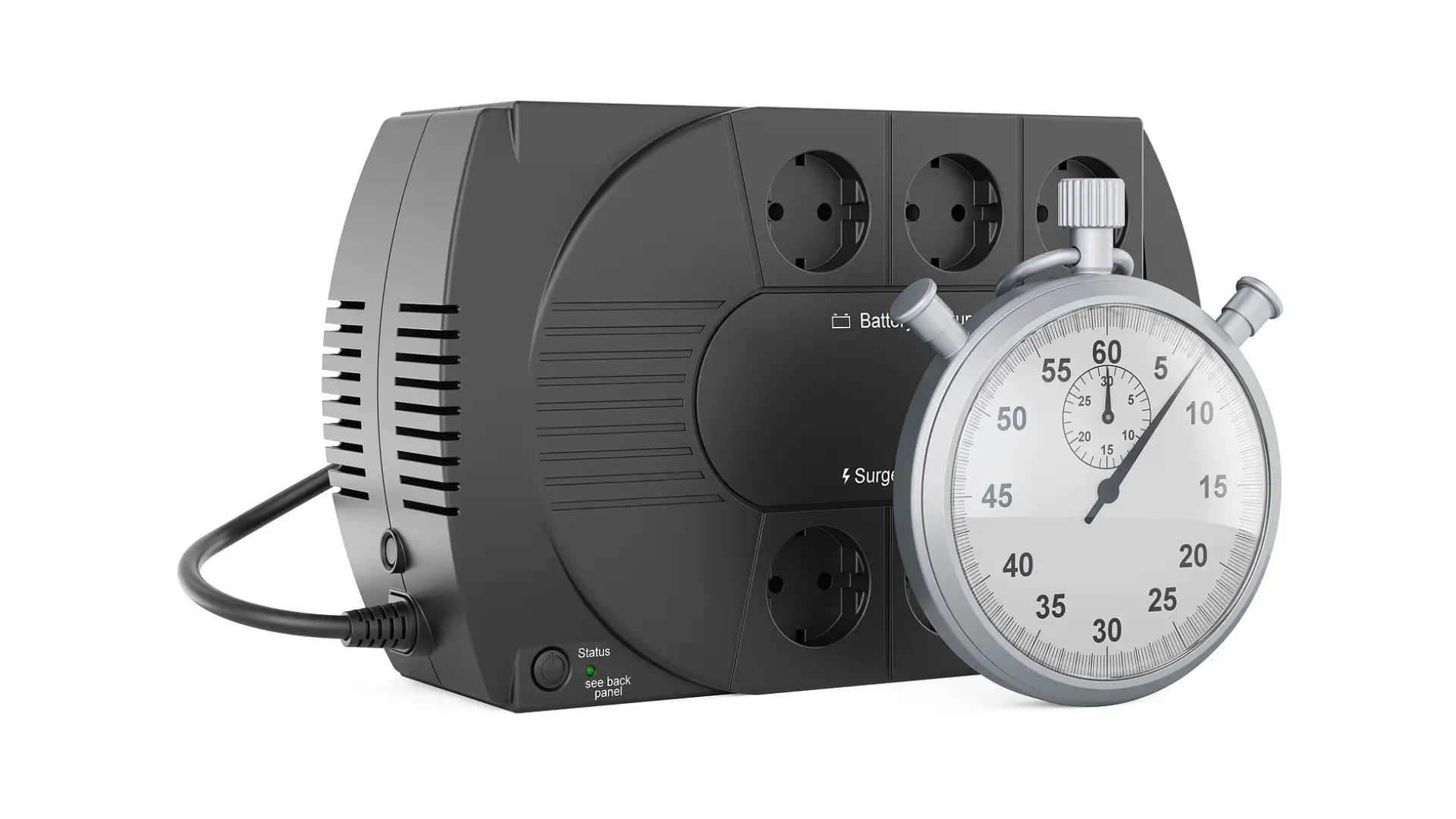
UPS Power Supply vs Inverter
In an increasingly digital world, an uninterrupted power supply is crucial for the smooth operation of our homes and businesses. Power outages can be disruptive and costly, leading many people to invest in backup power solutions. Two popular options for ensuring uninterrupted power are UPS (Uninterruptible Power Supply) systems and inverters. In this comprehensive guide, we'll delve into the key differences between UPS power supplies and inverters and help you determine which one is the best fit for your needs.
Understanding the Basics
What is a UPS Power Supply?
A UPS Power Supply, also known as an Uninterruptible Power Supply, is a crucial device that offers immediate backup power in the event of electrical disruptions or outages. These systems play a pivotal role in safeguarding delicate electronic equipment, including but not limited to computers, servers, and networking devices, from the detrimental effects of abrupt power loss or fluctuations in voltage.
The UPS system is comprised of several integral components, each serving a specific function. At its core, it features a battery that stores electrical energy. This battery is responsible for supplying power when the primary source fails. Additionally, a built-in inverter comes into play, converting the DC (direct current) electricity stored in the battery into AC (alternating current), which is what most electronic devices require for operation. This seamless transition ensures uninterrupted power flow to connected equipment.
How a UPS Works
The intricate operation of a UPS (Uninterruptible Power Supply) involves several key stages to guarantee a reliable and seamless power supply during disruptions or voltage fluctuations:
- Battery Backup: At its core, a UPS unit incorporates a rechargeable battery. This battery is consistently charged whenever the primary mains power supply is functioning normally. It serves as a crucial reservoir of electrical energy, ready to be deployed in times of need.
- Continuous Monitoring: The UPS system is vigilant in its duty to safeguard your equipment. It constantly scrutinizes the incoming power supply for any signs of trouble. Whether it's a sudden power outage or irregular voltage levels, the UPS is designed to detect these anomalies promptly.
- Intelligent Switching: When the UPS detects any deviation from the expected power quality, it swiftly and intelligently switches from relying on the mains power to utilizing the stored energy in its battery. This transition is executed with precision and speed to ensure that your connected devices experience no interruption in their operation.
- Inverter Conversion: Within the UPS, an inverter plays a critical role in maintaining the electrical flow to your equipment. The battery's DC (Direct Current) power is converted into the AC (Alternating Current) power format that most electronic devices require. This conversion process ensures that your devices can continue functioning seamlessly even when powered by the battery.
- Smooth Transition: One of the standout features of a UPS system is its ability to provide a virtually imperceptible transition between the mains power and battery power. This ensures that your devices remain operational without any noticeable interruption or disruption, which is particularly crucial for sensitive equipment and critical systems.
What is an Inverter?
An inverter stands as an autonomous device, distinct from a UPS, and its primary function is the conversion of DC (Direct Current) power sourced from a battery or another DC source into AC (Alternating Current) power suitable for operating appliances and electronic devices. Inverters are widely utilized in a variety of scenarios, with particular prominence in off-grid and backup power systems.
How an Inverter Works
- DC to AC Conversion: The core purpose of an inverter is to bridge the gap between two distinct types of electrical power: DC and AC. When a DC power source, such as a battery or a solar panel, is the primary energy supply, the inverter takes on the vital role of transforming this DC electricity into the AC format required by most household appliances, electronics, and machinery.
- Off-Grid Systems: Inverters are fundamental components of off-grid power systems, where access to a centralized electrical grid is limited or nonexistent. In these setups, renewable energy sources like solar panels or wind turbines generate DC power, which is then converted by the inverter into AC power for use in homes, cabins, or remote locations.
- Backup Power: Inverters also play a pivotal role in backup power solutions. When the primary grid power fails, as is the case during blackouts or emergencies, inverters can be employed in conjunction with batteries to supply AC power to essential devices and appliances, ensuring uninterrupted functionality.
- Inverter Types: Inverters come in various types, including modified sine wave inverters and pure sine wave inverters. The choice of inverter type is influenced by the specific application and the quality of power required. Pure sine wave inverters, for instance, produce a cleaner and more stable AC waveform, making them suitable for sensitive electronic equipment.
- Inverter Efficiency: Efficiency is a crucial consideration when selecting an inverter. Higher-efficiency inverters minimize energy wastage during the DC-to-AC conversion process, which can be especially important in renewable energy systems where every watt counts.
Now that we understand the basic principles of both UPS systems and inverters, let's dive deeper into their differences and the scenarios where each excels.

Key Differences
Understanding the nuances that set UPS Power Supplies and Inverters apart is crucial for choosing the right power solution to meet specific needs. Below, we delve deeper into these differences across various aspects:
Purpose and Use Cases
- UPS Power Supply:
-
- Purpose: UPS systems are primarily engineered to provide immediate backup power during power outages. Their paramount objective is to ensure that vital electronic equipment continues to operate seamlessly without any disruption.
- Use Cases: UPS systems find their ideal applications in data centers, server rooms, medical facilities, and any environment where uninterrupted power is paramount to prevent data loss or equipment damage.
-
- Inverter:
-
-
- Purpose: Inverters exhibit more versatility and can be deployed in a myriad of applications beyond backup power. They are frequently utilized in off-grid solar power systems and have the capacity to power appliances in remote locations.
- Use Cases: Inverters cater to homes and businesses seeking to transition to solar power, offer backup power to a broader range of devices, or function effectively in areas with unreliable grid power.
-
Battery Capacity
- UPS Power Supply:
-
- Battery Capacity: UPS systems typically feature smaller battery capacities compared to inverters. They are engineered to deliver short-term backup power, usually ranging from a few minutes to a few hours, contingent upon the connected load.
-
- Inverter:
-
-
- Battery Capacity: Inverters can be coupled with larger battery banks, thus equipping them to furnish extended backup power. This makes them suitable for scenarios involving prolonged power outages or off-grid living.
-
Transfer Time
- UPS Power Supply:
-
- Transfer Time: UPS systems boast nearly instantaneous transfer times. They switch to battery power within milliseconds, guaranteeing that connected devices encounter no downtime.
-
- Inverter:
-
-
- Transfer Time: Inverters might exhibit a slightly longer transfer time when transitioning from grid power to battery power. This brief delay may lead to connected devices resetting or experiencing momentary interruptions.
-
Cost
- UPS Power Supply:
-
- Cost: UPS systems typically carry a higher price tag than inverters, particularly when configured for commercial or industrial applications. Costs fluctuate based on factors such as capacity and features.
-
- Inverter:
-
-
- Cost: Inverters often offer a more cost-effective solution, rendering them an appealing choice for residential backup power setups or small-scale renewable energy systems.
-
Maintenance
- UPS Power Supply:
-
- Maintenance: UPS systems demand minimal maintenance, primarily revolving around routine battery replacement. Certain UPS models even provide hot-swappable batteries for effortless replacement without necessitating a shutdown of connected devices.
-
- Inverter:
-
-
- Maintenance: Inverters, especially when integrated with renewable energy systems, may necessitate more upkeep, including monitoring battery health and system performance. Battery replacement in inverters is often a more involved process compared to UPS systems.
-
Scalability
- UPS Power Supply:
-
- Scalability: UPS systems tend to be less scalable than inverters. To expand capacity, investing in a larger UPS unit is often required, rather than simply adding more batteries.
-
- Inverter:
-
-
- Scalability: Inverters excel in scalability. You can augment the battery bank or introduce additional inverters to accommodate growing power demands effectively.
-
Choosing the Right Solution
As we delve deeper into the nuanced differences between Uninterruptible Power Supply (UPS) systems and inverters, it becomes crucial to align this knowledge with your specific requirements and situations. Making an informed choice between these two options requires consideration of several pivotal factors:
Criticality of Power Supply
The nature and importance of the equipment you're powering determine your choice. For mission-critical equipment, such as servers or medical equipment, where even a millisecond of power interruption could be disastrous, a UPS is indispensable. This is because UPS systems ensure an immediate and seamless power transition during outages.
Battery Backup Duration
How long do you need backup power? If you're preparing for longer power outages or are situated in an area without a stable grid connection, an inverter, especially one paired with a substantial battery bank, would be more apt. Inverters can sustain power for extended durations, making them ideal for these scenarios.
Budgetary Considerations
Your financial constraints play a significant role in this decision. Generally, UPS systems carry a higher upfront cost, offering sophisticated features and immediate backup. In contrast, inverters, often used for residential backup or as a part of renewable energy setups, are usually more wallet-friendly in their initial investment.
Maintenance Needs
Each system has its own maintenance requirements. If you're leaning towards a solution that doesn't demand regular upkeep or intricate maintenance procedures, then a UPS system might be more to your liking. They are typically designed to be user-friendly and low-maintenance.
Scalability for Future Expansion
As you plan for the future, consider whether you might need to expand your power backup capabilities. Inverters generally have an edge here, as they allow for easier integration of additional batteries or capacity, accommodating growing power demands.
FAQs about UPS Power Supply vs. Inverter
1. What is a UPS Power Supply?
A UPS (Uninterruptible Power Supply) is a device that provides immediate backup power during electrical disruptions or outages, ensuring a seamless power supply to connected equipment.
2. How is an inverter different from a UPS?
While both UPS and inverters provide backup power, a UPS ensures an almost instantaneous power transition during outages, whereas an inverter's primary function is to convert DC power into AC power for operating devices.
3. In which scenarios is a UPS more suitable than an inverter?
A UPS is ideal for environments like data centers, server rooms, and medical facilities where even a millisecond of power interruption can lead to significant data loss or equipment damage.
4. Can inverters be used for long-duration power backup?
Yes, inverters, when paired with substantial battery banks, can provide power for extended durations, making them apt for longer power outages or areas without a stable grid connection.
5. Which is more cost-effective: UPS or inverter?
Generally, inverters are more cost-effective in their initial investment, especially for residential backup or renewable energy setups, while UPS systems, with their sophisticated features, carry a higher upfront cost.
6. Do UPS systems require regular maintenance?
UPS systems typically demand minimal maintenance, with the primary concern being routine battery replacement. Some UPS models even allow for hot-swappable batteries, making the replacement process easy.
7. Are inverters scalable? Yes, inverters are scalable. You can add to the battery bank or introduce additional inverters to meet increasing power demands effectively.
8. How does a UPS ensure uninterrupted power during outages?
A UPS continuously monitors the incoming power supply. If it detects any deviation, it swiftly switches from mains power to the stored energy in its battery, ensuring a seamless power transition to connected devices.
9. Can I use an inverter for my home's solar power setup?
Yes, inverters are fundamental components of solar power systems, converting the DC power generated by solar panels into AC power required by household appliances.
10. Which one should I choose: UPS or inverter?
The decision depends on your specific requirements, budget, and long-term goals. Evaluate the criticality of the power supply for your equipment, desired battery backup duration, budget, maintenance needs, and future scalability before making a choice.
Conclusion
In the UPS power supply vs. inverter debate, there is no one-size-fits-all answer. The choice between these two backup power solutions depends on your specific requirements, budget, and long-term goals. UPS systems are perfect for businesses and locations where instantaneous power backup is critical, while inverters offer versatility and cost-effectiveness for residential and off-grid applications.
Remember to assess your needs carefully, consult with experts if necessary, and plan your backup power solution accordingly. Whether you opt for a UPS power supply or an inverter, ensuring a reliable source of backup power is a wise investment in today's digital world.
Sources
https://www.tutorialspoint.com/difference-between-inverter-and-ups
https://www.ny-engineers.com/blog/do-you-need-a-ups-or-an-inverter
continue reading
Related Posts
Uninterruptable Power Supplies In today's world, where technology keeps us […]
Uninterruptible Power Supply For Laptop In today's fast-paced digital world, […]
Small Uninterruptible Power Supply In today's digital age, where connectivity […]




